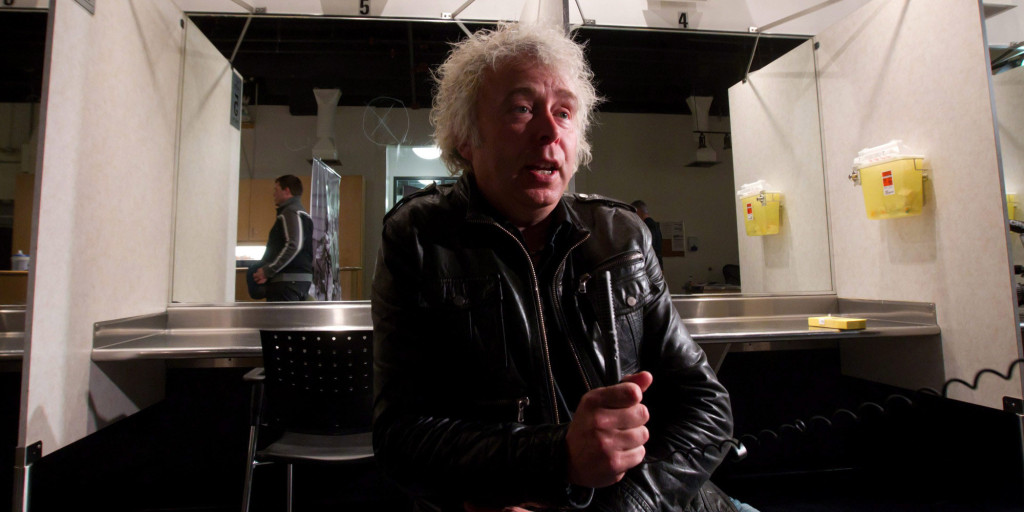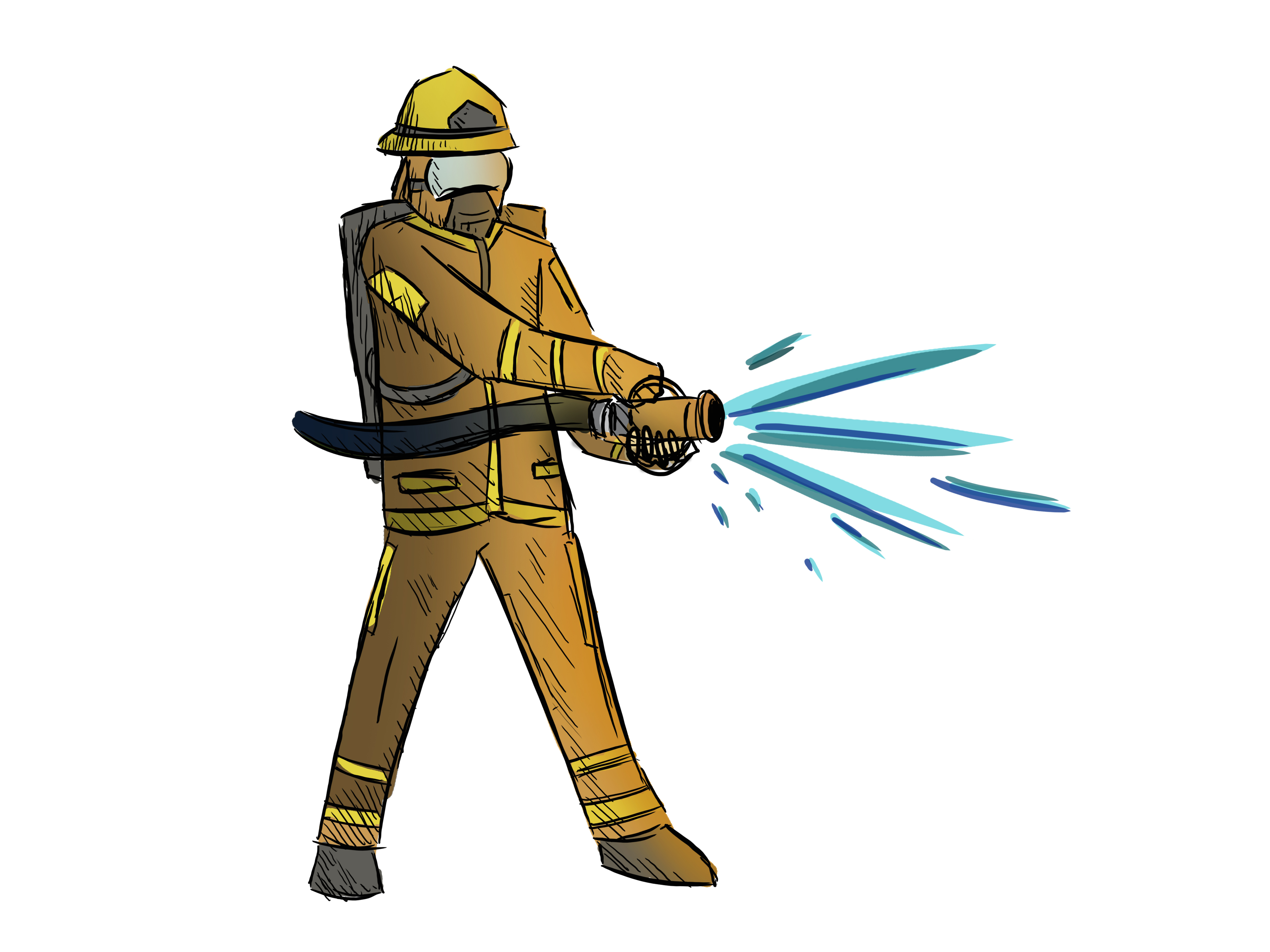
How lack of used-needle clean-up affects safety
By Mercedes Deutscher, News Editor
A public safety program, operated by Lookout Emergency Aid, was discontinued in Surrey on September 9 due to lack of funding.
Rig Dig was a program that allowed for the clean-up and safe disposal of trash—most importantly, used needles—from public spaces, such as streets and parks.
According to CBC, Rig Dig has been responsible for the disposal of over 21,000 needles since April.
Over the last year, however, funding for the program has been cut drastically. While the program previous operated on $50,588, it was granted only $8,400 in 2015–16. Since Rig Dig used most of that funding within three months, it had to look to emergency funding to make it to September. They received a $4,000 emergency grant from Surrey Homelessness and Housing Society, as reported by the Province.
“I don’t know who is going to collect these discarded needles if we don’t,” Keir Macdonald, director of Lookout, told the Province. “We do expect a bit of an outcry on this.”
With the program on at least a temporary closure, residents and business owners in Surrey—Whalley in particular—can expect to find more used needles on the streets.
While most of the needles are usually found in Whalley, usage of opioids has become more widespread in Surrey over the previous few years, and used needles are being discarded all around the city, posing a broader threat. There is extra cause for concern with school being back in session.
Macdonald told the Surrey Now “…it’s not just the primary business area that we keep an eye on, the parks, the streets, we do the school areas as well. Without this service we won’t be sweeping through.”
Used needles pose a safety hazard due to their contact with the bloodstream, and can transmit harmful diseases and viruses, especially if the user was HIV positive.
Macdonald hopes that the outcry from Rig Dig ceasing to exist will be enough to revive the program. If Lookout were to receive more funding for Rig Dig over the next few months, there is still a possibility for the program to re-open next year.
Fraser Health advises those who encounter used needles in the streets not to touch them. If people need to dispose of them, they should wear gloves, and place the needle in a bottle or other container. They should bring it to the nearest pharmacy or public health unit. People can also call their nearest health unit to come dispose of the needles.
Those who come in unprotected contact with a needle should wash their hands immediately, try not to squeeze the affected area, and visit a health unit or clinic.

